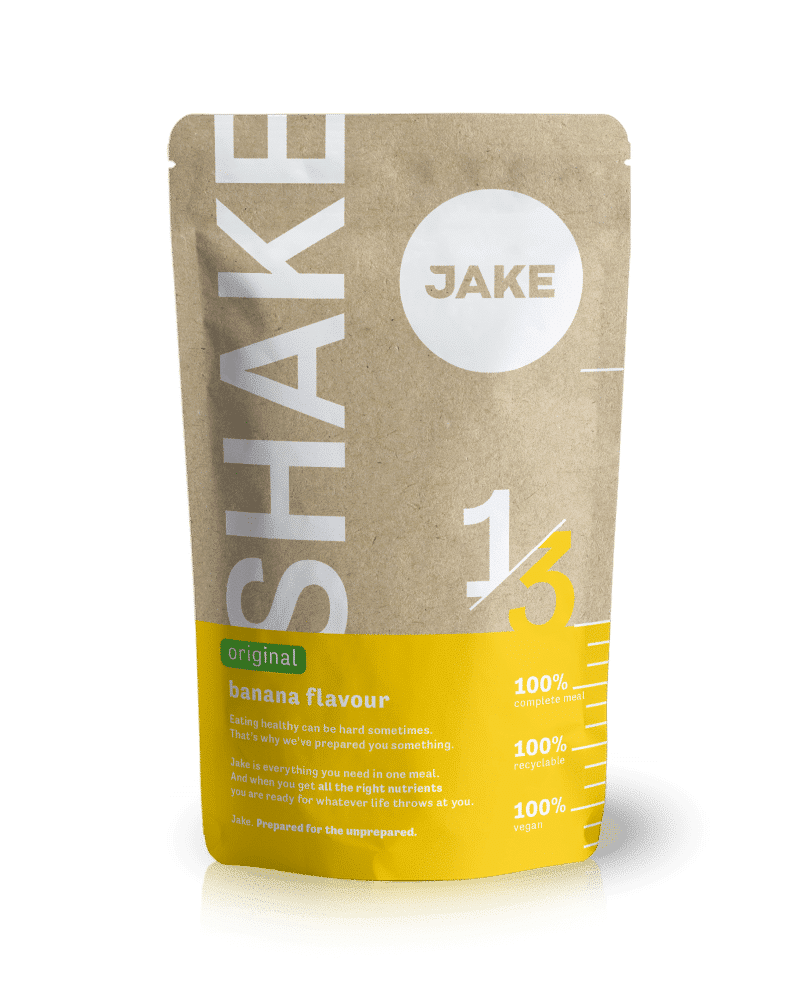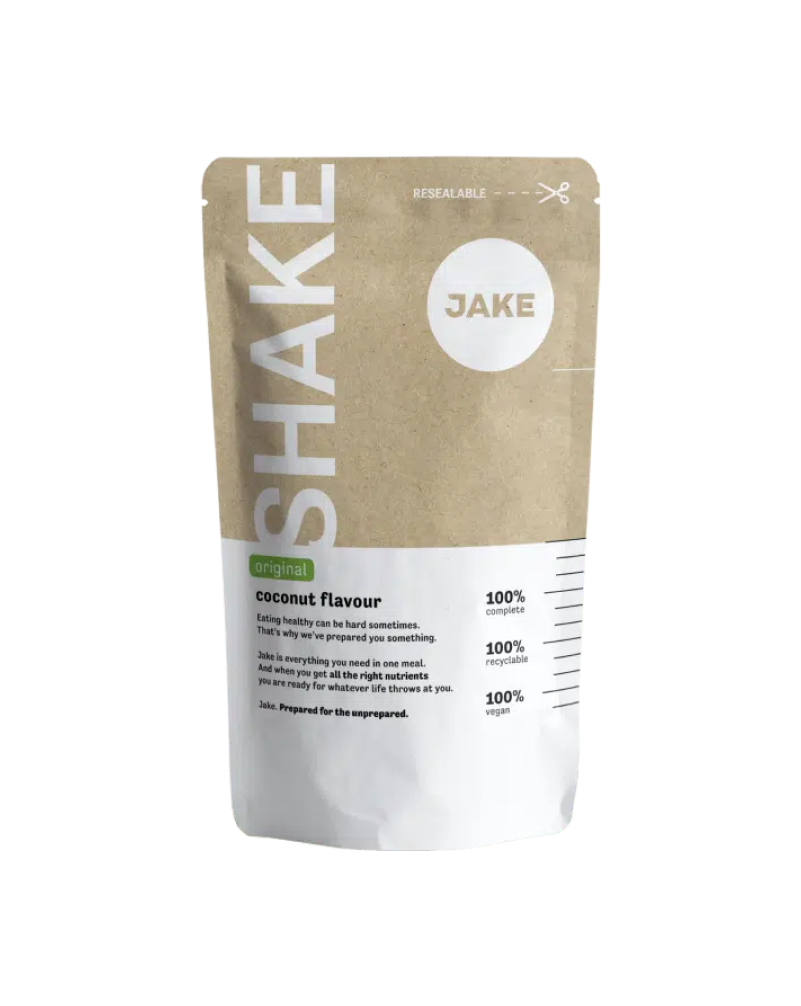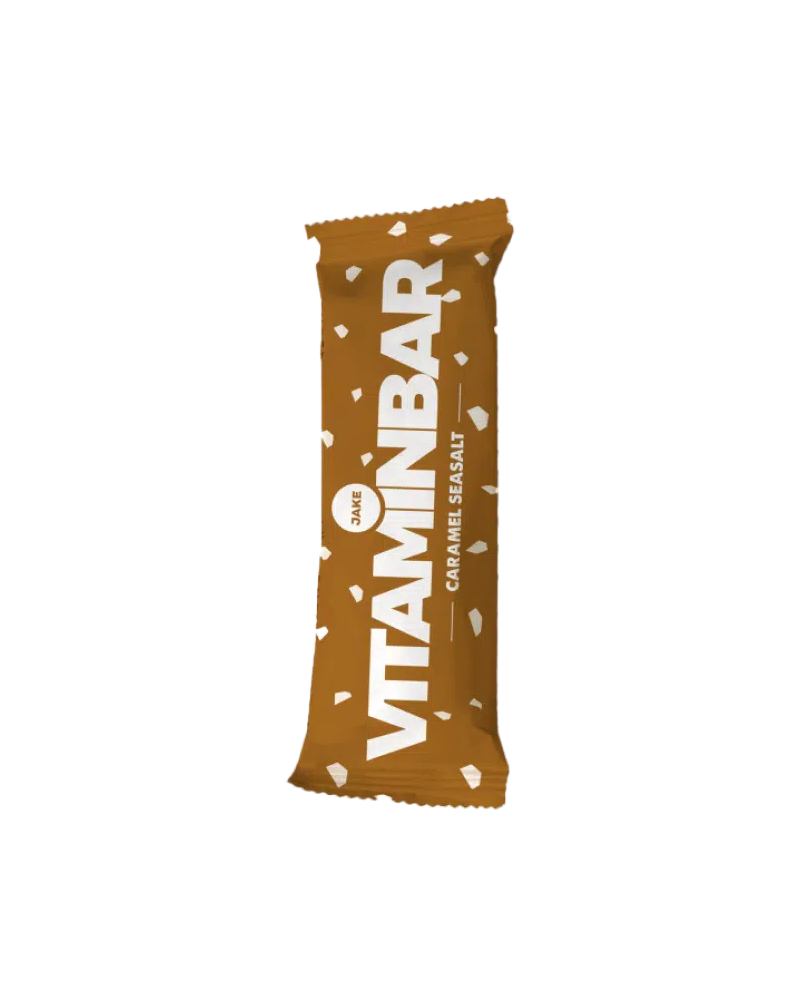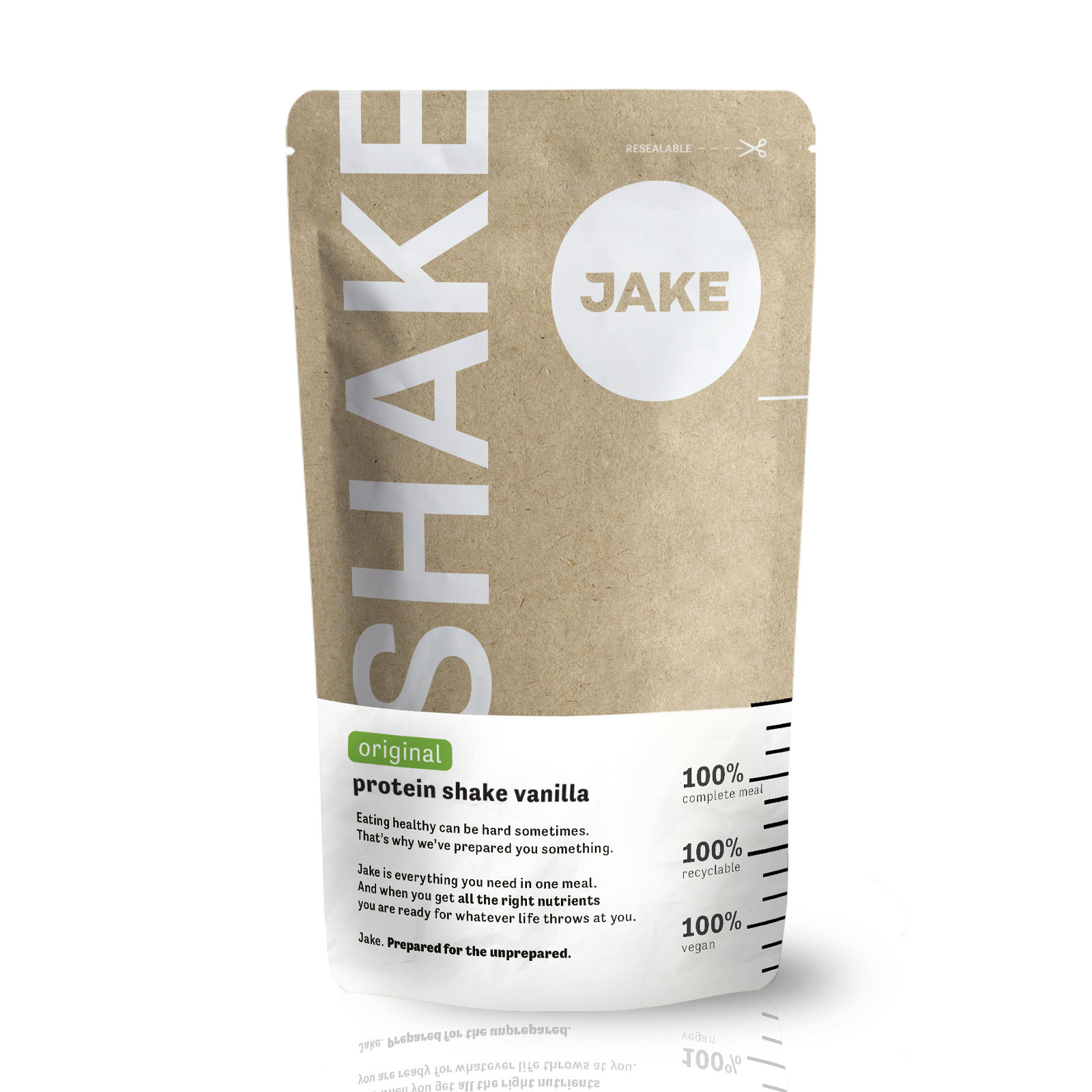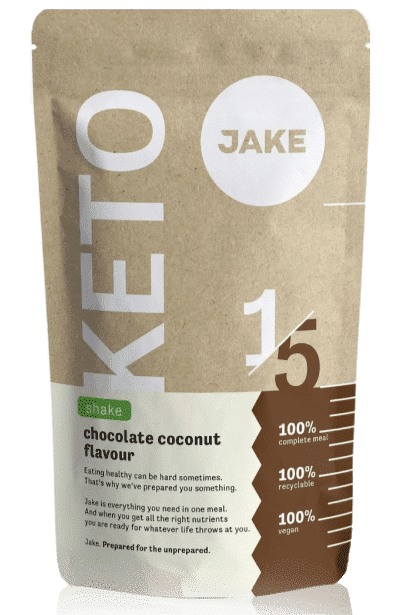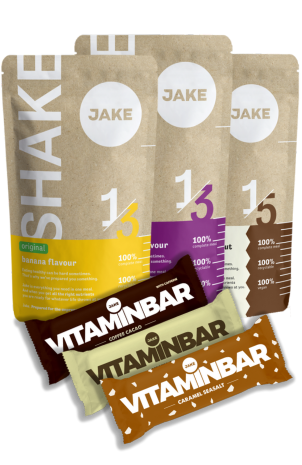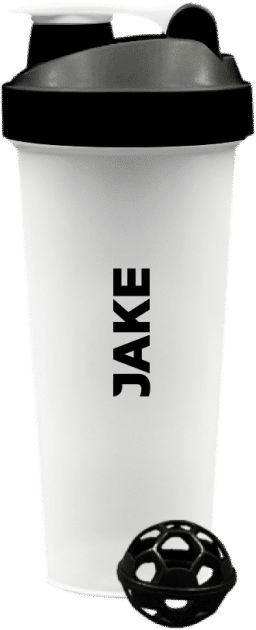6-minute read•July 11th, 2018
Vitamin B12 is the best-known B-complex vitamin. Perhaps due to its high deficiency rates, especially among vegans and vegetarians. Or, due to its reputation as an energy booster. Who wouldn’t pay attention to a supplement package promising instant energy? As appealing as such claims may sound, do you know exactly what they mean?
Before you make a run for the supplements store, here’s what you need to know about vitamin B12.

Short on time?
Names: Vitamin B12, cobalamin
Best known for: Turning nutrients into energy; formation of red blood cells; keeping your nervous system in shape
Good sources: Mostly animal products, including meat, eggs, milk and dairy. Fortified breakfast cereal serves as a good alternative for vegans and vegetarians.
Adequate intake (AI): 4 mcg/day for healthy adults; 4.5 mcg/day for pregnant and lactating women. No tolerable upper intake level (UL) has been established.
Good to know: Vitamin B12 deficiency can often be ‘hidden’ by high levels of vitamin B9 (folic acid) in the blood. This can delay diagnosis and treatment.
Vitamin B12 in Jake:
Jake Light and Original: 37-50% of AI
Jake Sports: 31-38% of AI
Vitaminbars: 38% of AI
What is vitamin B12?
The name vitamin B12 can refer to any of four vitamersThe vitamers of vitamin B12 are cyanocobalamin, hydroxocobalamin, adenosylcobalamin and methylcobalamin., chemically related compounds which exhibit the same function in the body. They are all considered equivalent to each other.
As a water-soluble vitamin, vitamin B12 cannot be stored in the body and needs to be regularly present in your diet.
Health benefits of vitamin B12
Similar to other vitamins from the B-complex, vitamin B12 acts as a coenzyme, enabling enzymesAn enzyme is a substance, usually a protein, that speeds up biochemical reactions within the body. to fulfil their function in your body.
The key processes that depend on vitamin B12 are:
- Energy metabolism: The process of converting nutrients into energy.
- Formation of red blood cells.
- Plays an important role in the functioning of nerves
- Contributes to the functioning of the memory
Can you really get an energy boost from vitamin B12? It depends. If you are vitamin B12 deficient, a supplement can get you from a fatigued state to a normal energy level, which will feel like a boost. However, if you already have a sufficient intake of vitamin B12 in your diet, there is no evidence that further supplementation will make a difference in how energetic you feel.
How much vitamin B12 do you need?
Healthy adults need 4 mcg per day to meet their dietary needsThis amount is the adequate intake (AI) established by the European Food Safety Authority (EFSA). An adequate intake (AI) is an amount assumed to ensure nutritional adequacy.. Pregnant and lactating women require more vitamin B12, which can be compensated for by increasing their daily intake with 0.5 mcg.
A piece of salmon of around 130 grams already contains the full daily amount of vitamin B12 you need. If you’re pregnant, just go for a slightly larger piece.
Some bacteria in your gut flora can make vitamin B12 themselves. However, you cannot absorb it directly as it is produced in the colon, already past the small intestine, where vitamin B12 is absorbed.
Vitamin B12 in foods
Vitamin B12 is most abundant in animal products, including meat, fish, eggs, milk and dairy. Breakfast cereal fortified with vitamin B12 can be a good alternative for vegetarians and vegans. Usually, one serving of 35-40 grams contains close to 100% of the recommended dietary allowance.
Here are the best sources of vitamin B12:
| Food | AI (%)* | Vitamin B12 (mcg) |
|---|---|---|
| Clams, cooked (85 g) | 2100% | 84 |
| Beef liver, cooked (100 g) | 1775% | 71 |
| Trout, cooked (100 g) | 158% | 6.3 |
| Salmon, cooked (100 g) | 75% | 3 |
| Milk, low-fat (100 ml) | 10% | 0.4 |
* Based on the adequate intake (AI) established by EFSA for healthy adults (4 mcg/day)
What if you’re not getting enough vitamin B12?
Vitamin B12 deficiency is not only very common, it can also be quire serious.
Groups vulnerable to vitamin B12 deficiency are:
- Vegetarians and vegans: As vitamin B12 is naturally present in animal foods, people who exclude them from their diet are at a higher risk of deficiency. This especially applies to vegans, as they don’t consume any animal products. Vitamin B12 deficiency can also affect exclusively breastfed infants whose mothers are vegan or vegetarian. If you exclude animal foods from your diet, sufficient vitamin B12 supplementation is important to prevent deficiency.
- The elderly: The ability to absorb vitamin B12 from food naturally decreases with age. However, vitamin B12 from supplements and fortified foods can still be well absorbed in most cases.
- People with gastrointestinal and malabsorption disorders.
If you don’t belong to one of these groups and have a diverse diet, you’d be unlikely to develop a vitamin B12 deficiency.
How much vitamin B12 is too much?
There are no known adverse health effects associated with high doses of vitamin B12. As a result, no tolerable upper intake level (UL) has been established.
Take-aways
These are the top things to keep in mind about vitamin B12:
- It helps you turn food into energy and keeps your nervous system in shape.
- You can find vitamin B12 primarily in animal foods, such as meat, fish, dairy and eggs. Breakfast cereal fortified with vitamin B12 provides a good alternative for vegans and vegetarians.
- If you’re vegan, take vitamin B12 supplements to avoid a deficiency. Depending on your level of restriction of animal foods, this also applies if your vegetarian.
- Not getting enough vitamin B12 can cause you to lose appetite, feel tired and weak.
Afraid to miss out on essential nutrients your body needs? You can always take our Jake meal replacement shakes or one of our delicious meal replacement bars.
